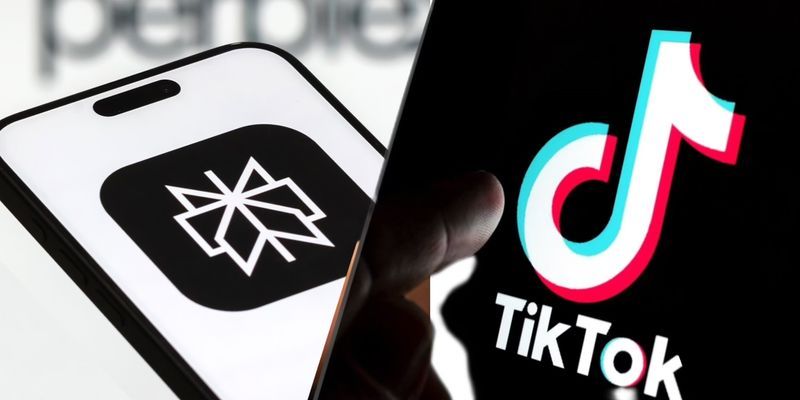In a surprising turn of events in the ongoing saga surrounding TikTok's future in the United States, Perplexity AI, an artificial intelligence startup, has emerged as a potential suitor for the popular video-sharing platform. As TikTok faces a looming deadline to divest from its Chinese parent company, ByteDance, or risk a ban in the U.S., Perplexity AI has thrown its hat into the increasingly crowded ring of potential buyers. The AI company has publicly expressed its interest in acquiring TikTok and has even outlined its vision for "rebuilding TikTok in America."
The bid from Perplexity AI comes amidst growing regulatory pressure on TikTok due to concerns about data privacy and potential influence from the Chinese government. Lawmakers in the U.S. have demanded that ByteDance sell TikTok's U.S. operations to an American-controlled entity to address these national security concerns. President Trump extended the deadline for ByteDance to divest its U.S. operations to April 5, 2025.
Perplexity AI, known for its AI-powered search engine that delivers direct answers to queries with cited sources, envisions integrating its advanced search functionalities with TikTok. The company believes that combining its answer engine with TikTok's extensive video library would create "the best search experience in the world." In a recent blog post, Perplexity AI laid out its vision for transforming TikTok, emphasizing its commitment to transparency, neutrality, and user empowerment.
One of the key proposals from Perplexity AI is to rebuild TikTok's "black box" recommendation algorithm from scratch and make the "For You" feed open source. The company argues that this would eliminate risks of user manipulation and ensure that content feeds are free from the influence of foreign governments and monopolistic entities. Additionally, Perplexity AI plans to add "Community Notes features" and citations to TikTok videos, similar to its search engine, to promote veracity and turn TikTok into "the most neutral and trusted platform in the world."
Perplexity AI's unique selling proposition lies in its "Little Tech independence" and its ability to rebuild TikTok's algorithm without creating a monopoly in the short-form video space. The company contends that acquisitions by larger tech companies or consortiums of investors could perpetuate the existing issues of foreign influence or market dominance.
However, questions remain about Perplexity AI's financial and operational capacity to acquire and manage a platform as large and complex as TikTok. While the AI startup has been in talks to raise funds at an $18 billion valuation, some analysts estimate TikTok's U.S. business to be worth significantly more. Furthermore, Perplexity AI's bid faces competition from other potential buyers, including Oracle and Microsoft, who have also reportedly expressed interest in acquiring TikTok.
The involvement of Oracle is particularly noteworthy, as the company already provides cloud services for TikTok and could play a role in managing U.S. user data under a new ownership structure. However, some Democratic senators have raised concerns that a deal involving Oracle may not satisfy the requirement for a full divestiture of Chinese ownership.
Adding another layer of complexity, any potential sale of TikTok would require approval from the Chinese government, particularly if it involves the transfer of TikTok's proprietary algorithm. While Chinese officials have appeared less resistant to a sale compared to previous attempts, ByteDance has not publicly confirmed its willingness to divest and has stated in the past that it would rather shut down the app in the U.S. than be forced to sell.
As the April 5th deadline approaches, the future of TikTok in the United States remains uncertain. While Perplexity AI's bid presents a compelling vision for a more transparent and user-centric platform, the AI startup faces significant hurdles in terms of financing, competition, and regulatory approvals. The coming weeks will be crucial in determining whether Perplexity AI can successfully navigate these challenges and emerge as the new owner of TikTok's U.S. operations.















